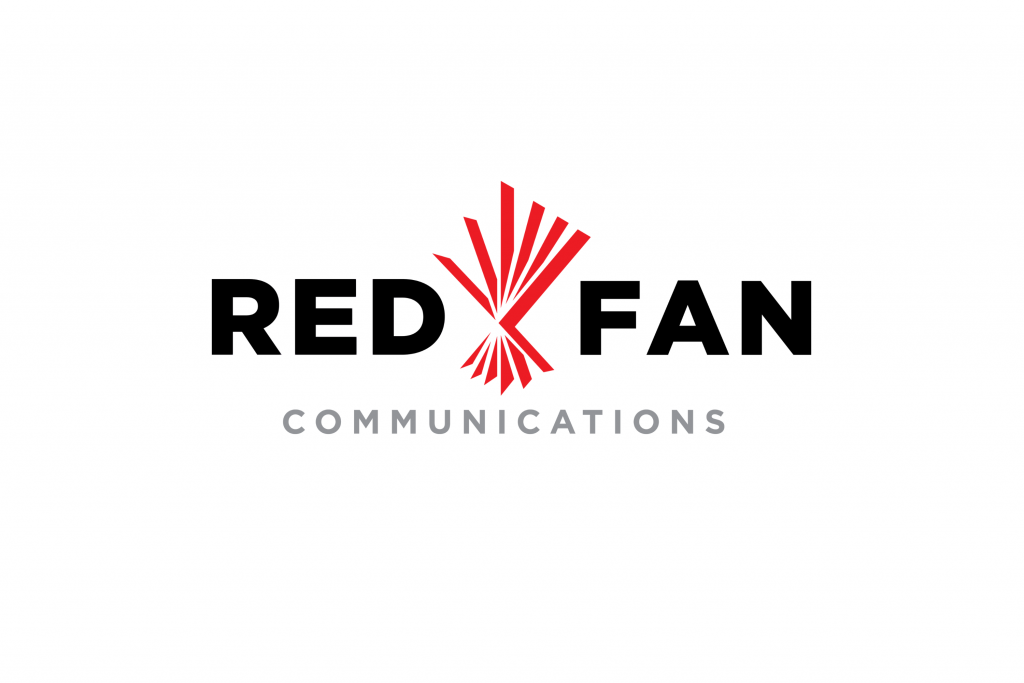Not all marketing strategies are created equal. While business growth is often a key objective, varying resources and needs dictate the specific role marketing plays within a given company. Some companies can afford to opt for a full-time chief marketing officer (CMO). In other cases, the traditional marketing role isn’t in the scope or budget. Thankfully, another path exists for these companies: they can choose to hire a part-time CMO, more commonly known as a fractional CMO.
Fractional vs. Traditional CMO: What’s the Difference?
While a traditional CMO works the standard 40-hour work week for a single business, handling only its marketing tasks, a fractional CMO works only a set number of hours per month, often working for multiple companies at once. Often the most alluring benefit of a fractional CMO is their price point; they cost far less than hiring a full-time CMO to see to your business’s needs.
Is a Fractional CMO or Traditional CMO Right for Your Business?
The most important factor to consider when choosing between a full-time or fractional CMO is to understand your business’s needs. The following questions serve as a guide to assist in your decision.
1. What is the size of your business?
If you have hundreds of employees and multiple offices, chances are you also have considerable marketing needs, and a great deal of management is required for support. A fractional CMO may not have the resources needed to take on that level of management alongside their other projects—at least, not at a price point that is practical when compared to a full-time CMO. On the other hand, if you run a small business or start-up company, a fractional CMO may be just what you need.
2. What are your marketing expectations?
Assessing whether your marketing needs require full-time support or more minimal management is the primary factor that should help you decide which format of CMO is right for your business. If you don’t need a dedicated, in-house marketing team, you may not need a full-time CMO. On the other hand, if your marketing needs require a heavier lift, you may find a full-time CMO more appropriate for your business. A good exercise in deciding between the two is to write down exactly what you’d like your CMO’s job duties to be. Consider how many hours would be necessary to accomplish those tasks. A careful evaluation of the workload can provide better insight into whether you need a fractional or full-time employee.
Fractional CMOs are flexible, taking on the specific tasks you need them to manage to run your business effectively. That means you can choose a fractional CMO to perform a specialized role while your internal marketing team handles other tasks. A fractional CMO can also be hired for short-term projects including a brand image change, a new product launch or an innovative campaign. The position can also take on more granular responsibilities of your broader marketing team when their attention is needed elsewhere.
3. How well are your other teams aligned with the marketing department?
Without alignment across teams, you may find yourself struggling to keep up with the needs of the business as a whole. When there is clear understanding and collaboration between marketing and sales, as well as your other departments, you will find that your business is better positioned to meet its goals. Without that critical alignment, which is generally promoted by those in experienced leadership roles, your marketing team may fall behind. A fractional CMO can provide a quick, consultative and corrective strategy to bring your business into better overall alignment whereas a traditional CMO is a better option for building, developing and upholding alignment over longer periods of time.
4. What’s your budget?
If your business is performing steadily, but you’re ready to take things to the next level, a full-time CMO is probably a better fit for your business model. Adding a full-time CMO to your team will offer the vital resources you need to shift your marketing efforts that increase your ability to achieve enhanced sales goals.
If you have a limited marketing budget, bringing in a fractional CMO can be a great solution. Fractional CMOs typically set hourly rates and only work part-time, generally costing your business far less than a traditional CMO. Furthermore, with a fractional CMO you don’t have to worry about the ongoing expense of a full-time employee including added costs such as benefits, paid time off or office space.
All in all, the decision to hire a full-time CMO or work with a fractional CMO is an individual decision for each business, often reliant on individual factors. However, by evaluating what you need your CMO to accomplish, including whether you have temporary projects that need additional assistance or larger-scale priorities to manage your marketing more effectively, you have the power to determine which one is the right choice for your business.
If you’re interested in exploring your options to hire a Fractional CMO, feel free to reach out to us for a free consultation with our experts!






